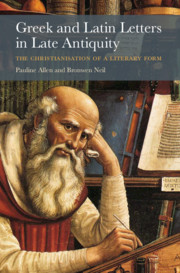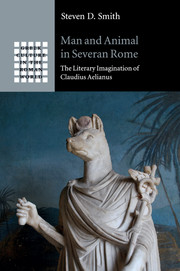Greek Epigram and Byzantine Culture
Sexy, scintillating, and sometimes scandalous, Greek epigrams from the age of the Emperor Justinian commemorate the survival of the sensual in a world transformed by Christianity. Around 567 CE, the poet and historian Agathias of Myrina published his Cycle, an anthology of epigrams by contemporary poets who wrote about what mattered to elite men in sixth-century Constantinople: harlots and dancing girls, chariot races in the hippodrome, and the luxuries of the Roman bath. But amid this banquet of worldly delights, ascetic Christianity - pervasive in early Byzantine thought - made sensual pleasure both more complicated and more compelling. In this book, Steven D. Smith explores how this miniature classical genre gave expression to lurid fantasies of domination and submission, constraint and release, and the relationship between masculine and feminine. The volume will appeal to literary scholars and historians interested in Greek poetry, Late Antiquity, Byzantine studies, Early Christianity, gender, and sexuality.
- Presents a compelling interpretation of Greek poetry that bridges classical and early Byzantine culture
- Focuses on gender and desire
- Traces the relationship between literary fantasy and Roman Imperial power
Product details
June 2019Hardback
9781108480239
288 pages
235 × 158 × 18 mm
0.61kg
7 b/w illus. 1 map
Available
Table of Contents
- Introduction
- 1. Food and wine
- 2. An erotic geography
- 3. Urban pleasures
- 4. Phallic creatures
- 5. Classical women
- 6. Thieving Aphrodite
- Conclusion
- Bibliography.






